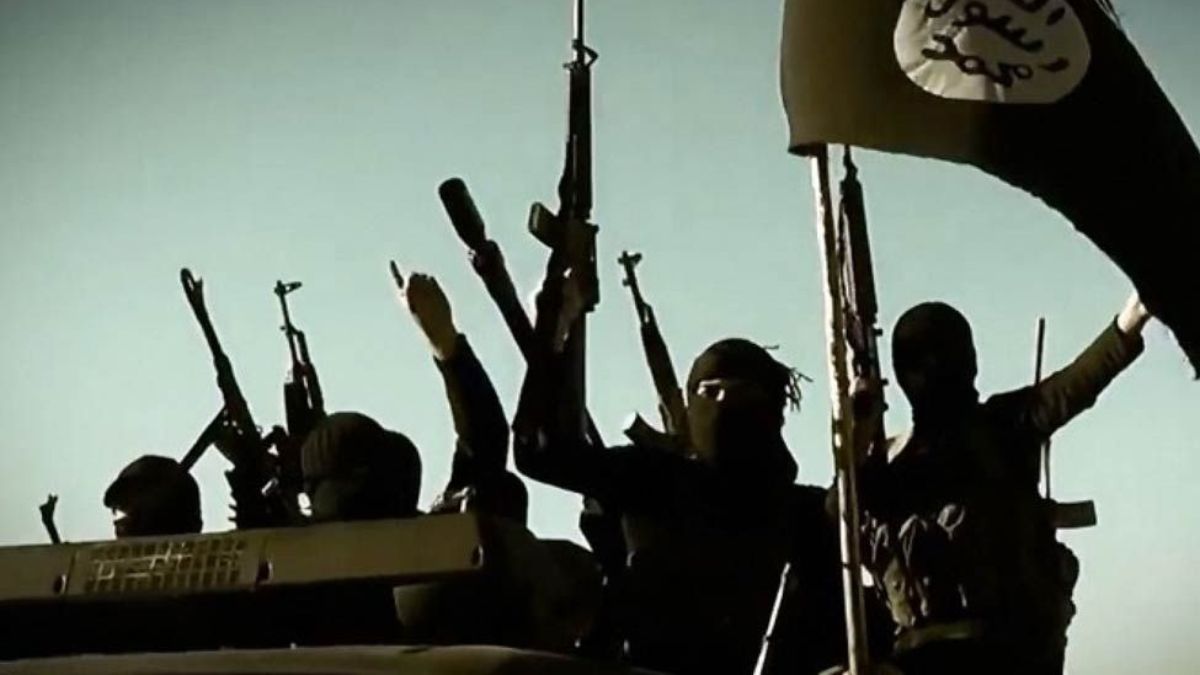Islamic State targets new Syrian government, claims responsibility for first bombing since fall of Bashar al-Assad
 Representational image | AFP
Representational image | AFP
Islamic State group has taken responsibility for its first attack on the transitional government in Syria after the ouster of president Bashar al-Assad in December. The UK-based Syrian Observatory for Human Rights (SOHR) reported that the terrorist group claimed to have planted a bomb on a government vehicle in the southern province of Sweida on May 22, describing the target as part of the "apostate regime".
SOHR reported that the blast killed one civilian and wounded three soldiers from the Syrian Army’s 70th Division. The victim was reportedly accompanying the patrol when it was struck by a remote-controlled landmine in eastern Sweida.
The province, predominantly controlled by the Druze minority, had been largely free of Islamic State activity for nearly a decade. However, the area remains unstable. Recent sectarian clashes between local militias and pro-government forces killed more than 100 people in late April and early May, underlining the fragile security situation.
Islamic State also claimed a second bombing in a nearby part of Sweida this week, targeting members of the Free Syrian Army (FSA), which has US backing. According to the group, one FSA fighter was killed and three were wounded. Neither the Syrian government nor the FSA has commented on the attacks.
While the government did not confirm Islamic State activity in Sweida, it announced two raids against Islamic State operatives in the Damascus area over the past week. Intelligence for these operations was reportedly shared by US agencies.
The group, which once controlled significant parts of Syria and Iraq, was defeated in Syria in March 2019 by US-backed, Kurdish-led Syrian Democratic Forces. However, Islamic State has continued to operate as a low-level insurgency, particularly in the country’s east. Since Assad’s removal and the installation of President Ahmad al-Sharaa, the group appears to be showing renewed ambition, claiming attacks in the capital and other regions.
In January, state media reported that security services had foiled an Islamic State plot to bomb a Shia shrine south of Damascus. US officials confirmed that eight such attacks had been thwarted in recent months.
The group has labelled the new government an “apostate regime” and has condemned Al-Sharaa, who formerly led Al Qaeda’s branch in Syria, for his perceived moderation and diplomatic overtures. Al-Sharaa’s past experiences with the terror outfits have not spared him criticism within jihadist circles. He has been criticised for not enforcing Sharia law, and for becoming friendly with the West, including holding a meeting with President Donald Trump.
In 2025, Islamic State has so far claimed 33 attacks across Syria. While this denotes a near lull in activities, intelligence agencies estimate an uptick since April, after the US decided to reduce its troop strength from 2,000 to around 700. Since then, the average number of attacks has grown from five per month to about 14, raising worries about a likely revival.
Middle East